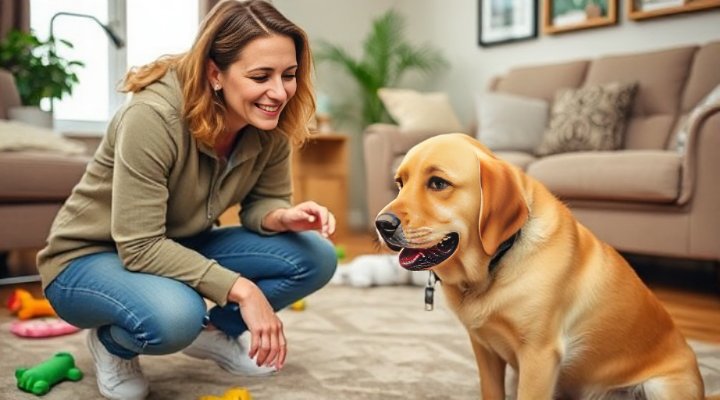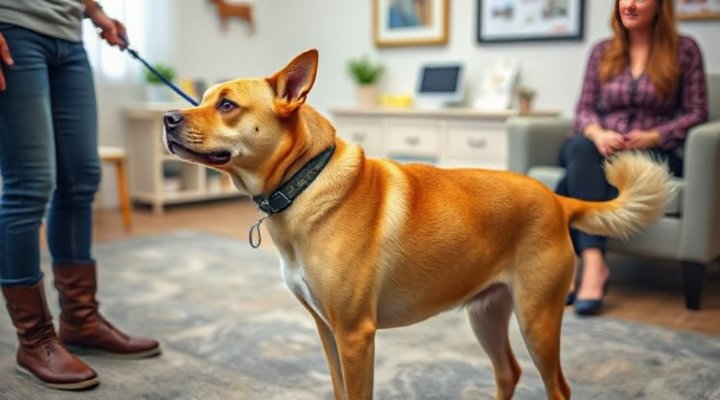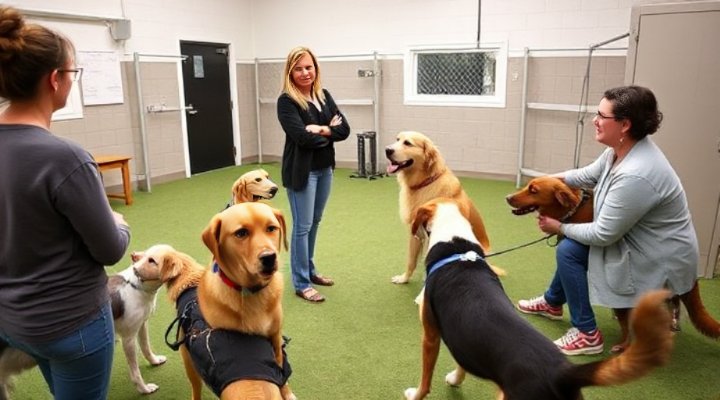When your beloved canine companion starts showing behavioral issues, it can be stressful for both of you. Whether it’s excessive barking, aggression, or separation anxiety, finding a qualified dog behaviorist near me should be your first step toward resolution. Unlike general dog trainers, behaviorists specialize in diagnosing and treating complex psychological issues in dogs.

What Does a Dog Behaviorist Do?
A professional dog behaviorist is like a psychologist for your furry friend. They assess problematic behaviors, determine their root causes, and create customized treatment plans. For example, if your dog shows aggression toward other dogs, a behaviorist might recommend socialization techniques combined with positive reinforcement training.
Behaviorists typically address issues such as:
- Aggression toward people or other animals
- Separation anxiety and destructive behaviors
- Excessive barking or howling
- Fear-based reactions to specific triggers
- Compulsive behaviors like tail chasing

How to Find a Qualified Dog Behaviorist Near You
Locating the right professional requires some research. Start by asking your veterinarian for recommendations – they often work closely with behavior specialists. You can also check directories from organizations like the American Veterinary Society of Animal Behavior (AVSAB).
When evaluating potential dog behaviorists near me, consider:
- Certifications: Look for credentials like CAAB (Certified Applied Animal Behaviorist) or DACVB (Diplomate of the American College of Veterinary Behaviorists).
- Experience: Ask how many similar cases they’ve successfully treated.
- Methods: Ensure they use science-based, positive reinforcement techniques rather than punishment.
- References: Request testimonials from previous clients.
Remember, while dog clubs can be great for socialization, they’re not substitutes for professional behavior modification when serious issues exist.

What to Expect During Your First Visit
Your initial session with a dog behavior specialist will typically involve:
- A thorough behavioral history of your dog
- Observation of your dog’s reactions to various stimuli
- Discussion of your daily routines and household dynamics
- Development of a preliminary treatment plan
Be prepared to answer detailed questions about when the behavior started, what makes it better or worse, and any changes in your dog’s environment. The behaviorist might recommend training exercises to build your dog’s confidence alongside behavior modification.
Preparing for Success
To get the most from your dog behaviorist sessions:
- Bring any medical records, especially if behavior changes followed health issues
- Have treats and toys your dog particularly enjoys
- Wear comfortable clothes suitable for training activities
- Prepare specific questions about your concerns

Long-Term Behavior Modification
Behavioral changes don’t happen overnight. Your dog behaviorist near me will likely recommend:
- Consistent training: Daily practice of recommended techniques
- Environmental management: Changing triggers in your dog’s surroundings
- Follow-up sessions: To monitor progress and adjust approaches
- Possible medication: In some cases, prescribed by a veterinary behaviorist
For ongoing support between sessions, consider joining our dog socialization guide community where you can share experiences with other dog owners.
When to Seek Immediate Help
Certain behaviors require urgent attention from a canine behaviorist:
- Aggression resulting in bites or injuries
- Self-harm behaviors like excessive licking or chewing
- Sudden drastic changes in behavior
- Behavioral issues combined with health problems
The ASPCA offers excellent resources for understanding when behavior becomes an emergency.
Related Keywords
dog trainer near me | dog behavior specialist | canine behaviorist | dog aggression training | professional dog trainer | certified dog behaviorist | dog anxiety specialist | veterinary behaviorist | dog obedience training | positive reinforcement dog training
